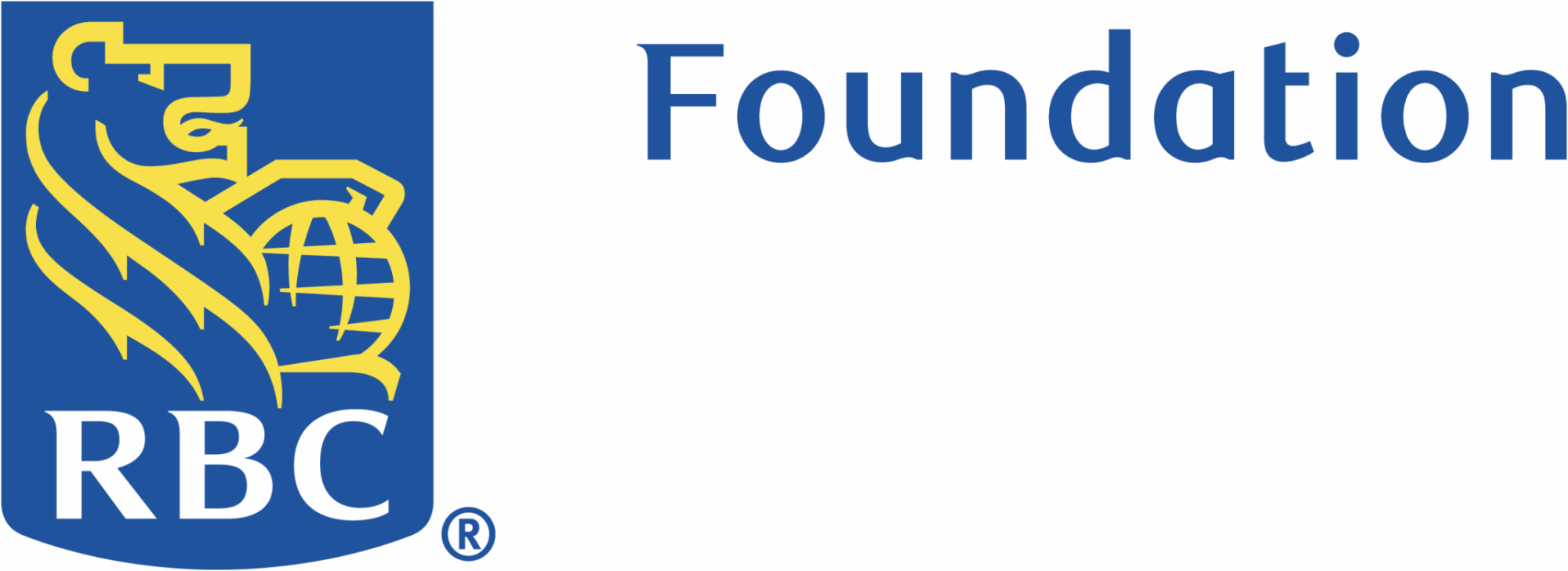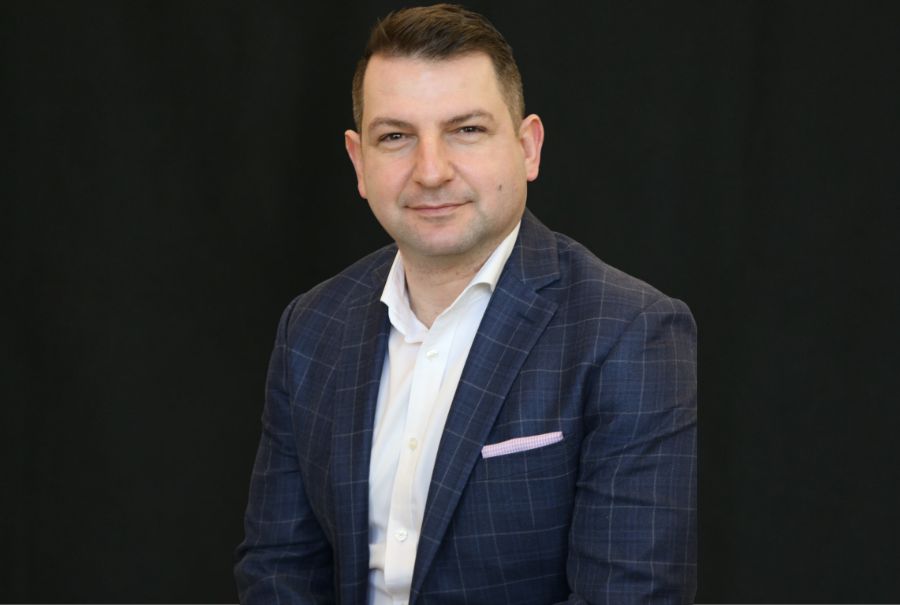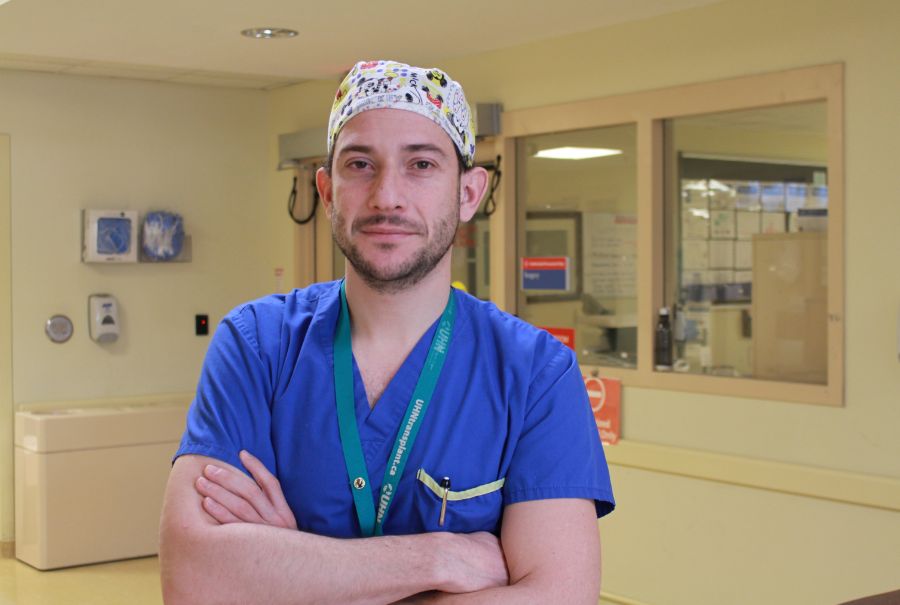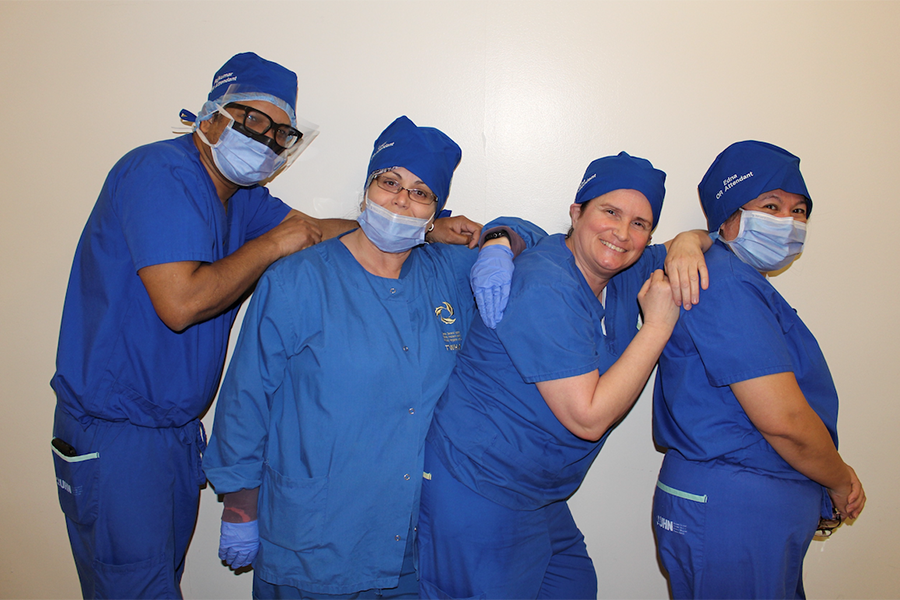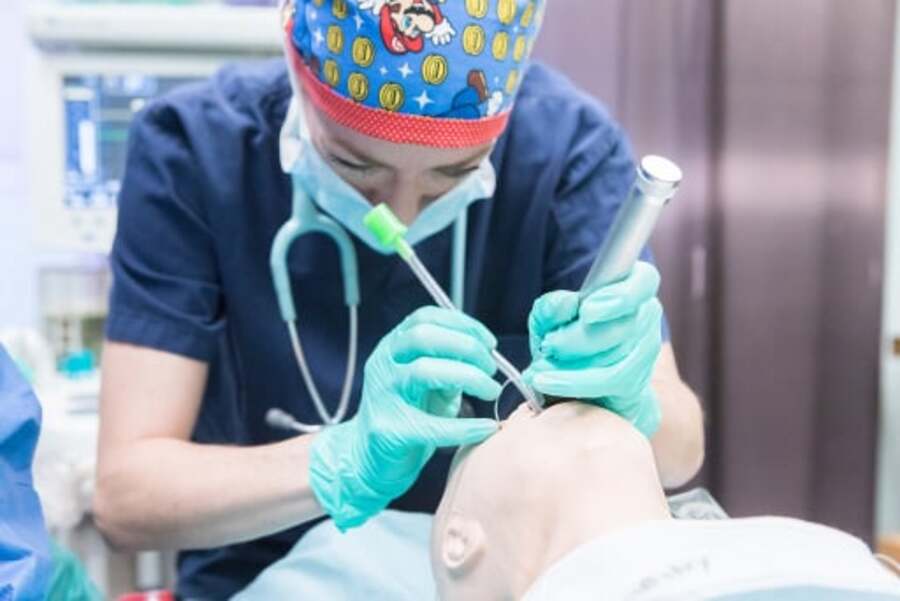
Today’s youth face unique challenges as they enter adulthood not experienced by other generations. Economic uncertainty, the pressures of social media and a world in turmoil all contribute to declining mental health. For health care workers, these challenges have been amplified by the COVID-19 pandemic and the recovery in the health care industry since then.
Thanks to the generosity of the RBC Foundation since 1989, UHN programs such as cardiology, cardiovascular nursing, stem cell research, rehabilitation, neuro-oncology, surgery and critical care have been excelling. Over the last year, RBC Foundation’s gift of $1.2 million has provided upskilling and educational opportunities for early-career frontline health care providers at Canada’s largest teaching hospital.
Many new graduates do not have as much hands-on experience with patients and lack key competencies learned through in person interactions, due to the virtual nature of education over the last few years. Supplementary educational initiatives like simulation training and innovation fellowship programs ensure that our clinicians and nurses in the Emergency Department are equipped for success, now and in the future.
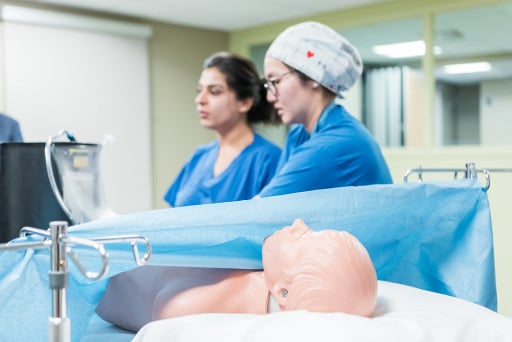
Developing well-rounded expertise and confidence in the Emergency Department
Emergency Medicine is a fast-moving environment where nurses and health care professionals have an incredible impact, providing urgent care for people who are at their most vulnerable. The diverse needs of the patients means the staff in Emergency Medicine can learn skills across disciplines and develop well-rounded expertise.
The intensity of Emergency Medicine makes it a challenging space to learn new skills. Thanks to the support of RBC Foundation, staff can take part in simulation training programs which recreate patient scenarios directly in the Emergency Department but when the stakes are much lower. Through emergency simulation training, early-career health care professionals can apply and practice their skills. This program is the first of its kind within a major Emergency Department in Canada, establishing UHN as a leader in training and integrating early-career Emergency Medicine staff.
Similarly, educational opportunities like the Collaborative Academic Practice Innovation Fellowship Program provides nurses and health care professionals at UHN with protected time to lead projects that improve the quality of patient care in their workplaces. This first-of-its-kind program is building on the philosophy that those who directly engage with patients know best how to improve their care.
These upskilling opportunities in Emergency Medicine have been designed to meet the evolving needs of early-career health care professionals. The demand for Emergency Medicine clinicians and nurses is higher than ever and thanks to the generosity of the RBC Foundation, UHN is retaining and supporting the next generation of health care professionals who will thrive in Emergency Medicine.
